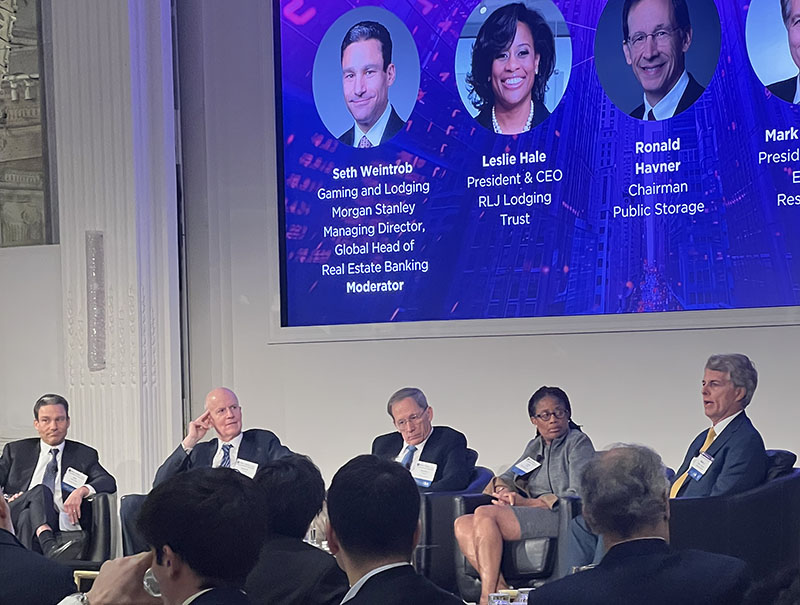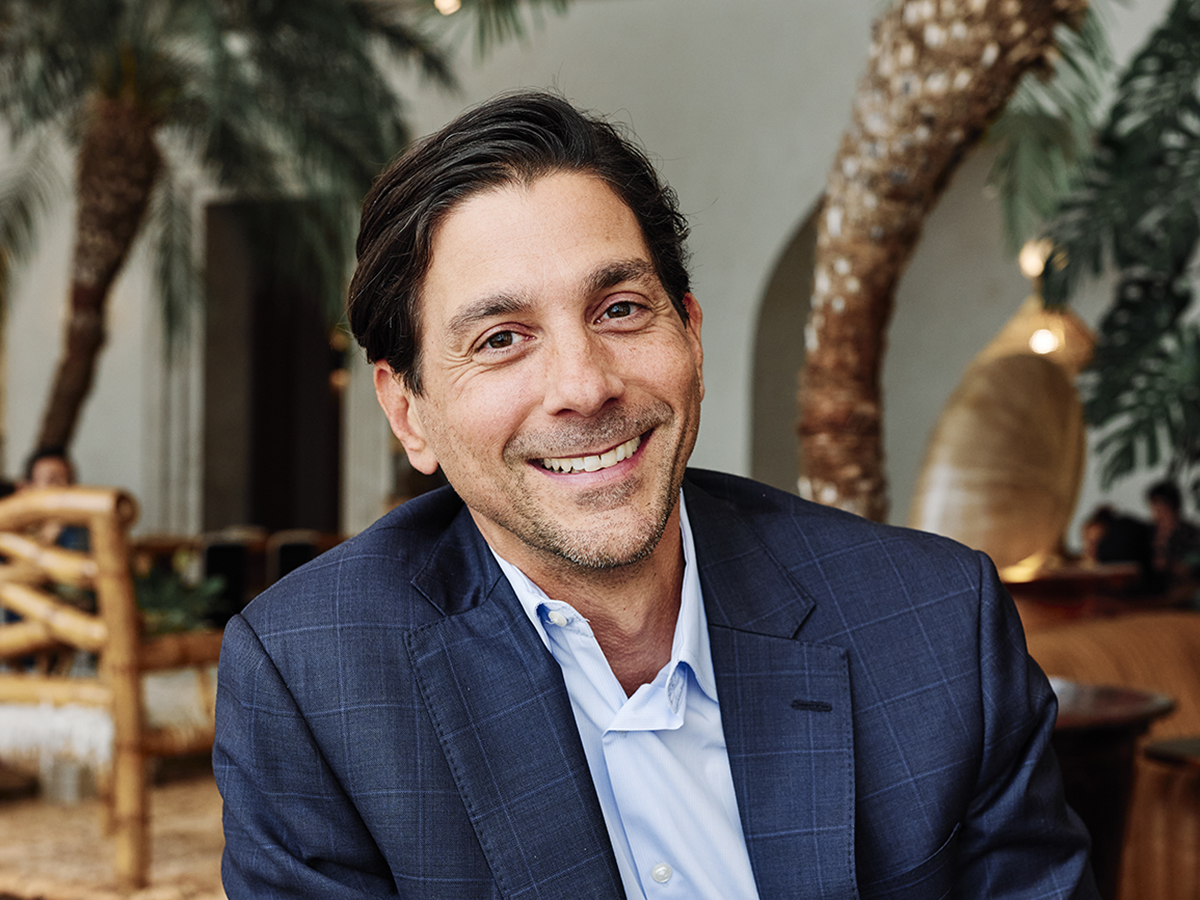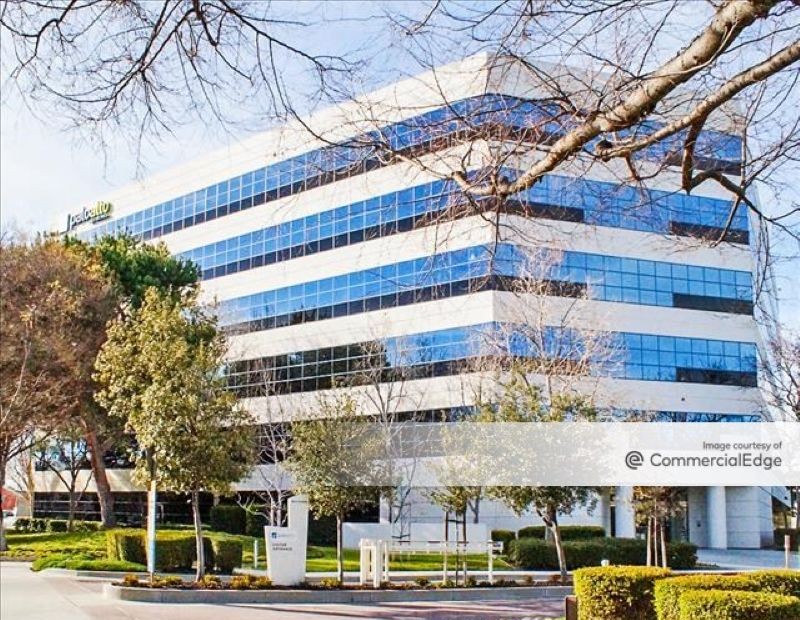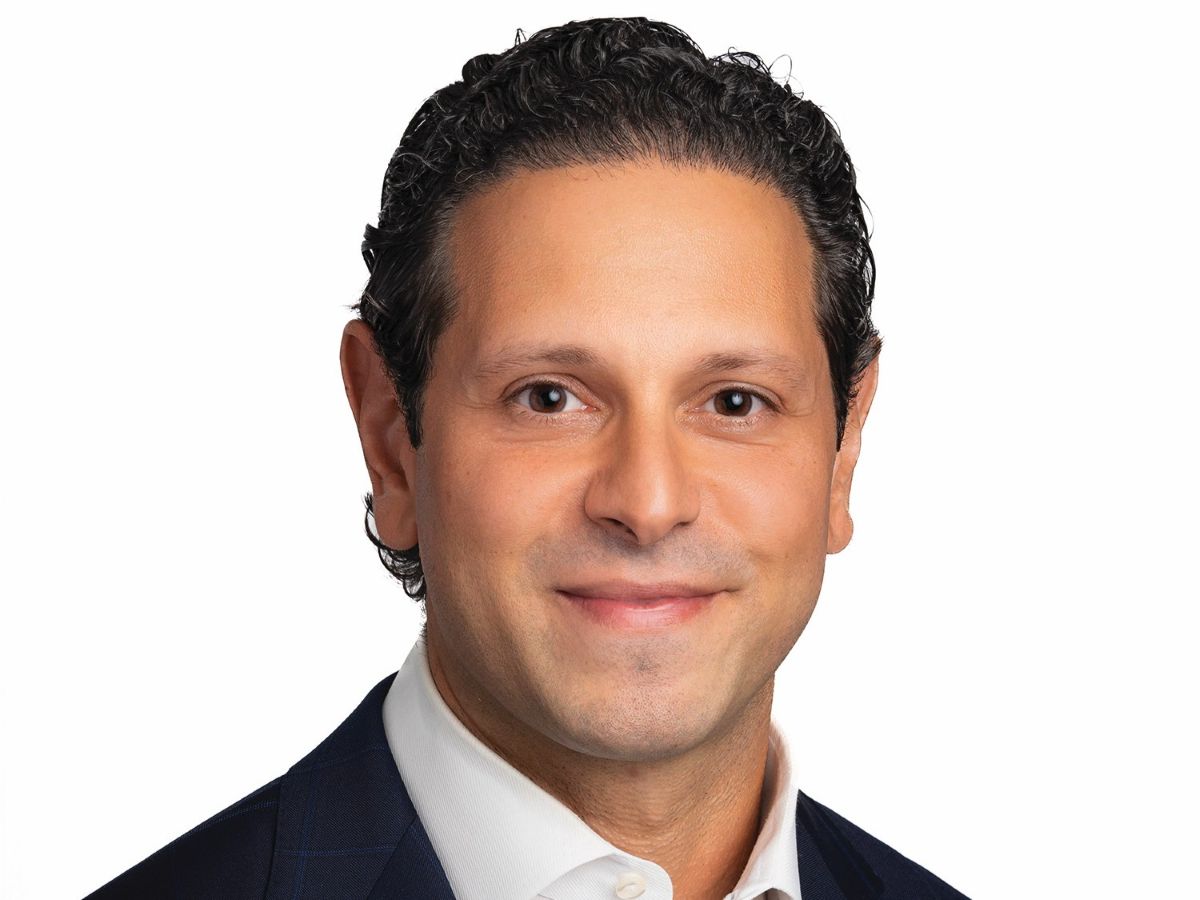NYU REIT Symposium Special Report: 6 Takeaways
Just as a new cycle begins, companies face rising volatility.

As uncertainty returns to the commercial real estate market in the form of sweeping tariffs and global instability, REITs are in a relatively strong position. They typically own the best assets in their prospective property types, they have low-leverage balance sheets and they have the flexibility to choose between public and private capital strategies.
But, if the tariffs are more than a short-term shock and a bargaining chip for the U.S., they will be disruptive to REITs in terms of rising capital costs and customer reaction.
“I think they are going to figure it all out,” said Prologis CEO Hamid Moghadam, a keynote speaker at the Schack Institute of Real Estate’s 29th annual REIT symposium, “because the alternative is Armageddon. They are going to bring down the whole global economy.”
READ ALSO: What Trump’s Tariffs Could Mean for CRE
Shortly after Moghadam’s remarks, President Trump announced a 90-day pause on his stiff reciprocal tariffs, except for China’s which he raised to 125 percent. But he left in place a universal 10 percent tariff as well as many questions about the future.
Panelists at the NYU Schack conference had a lot to say about tariffs and other issues their companies are facing. Here are some key conference takeaways.
1. REITs already see the effects of tariffs
Owen Thomas, president & CEO of Boston Properties, said materials are less than 50 percent of construction costs and imported materials are at 50 percent. But, he said, tariffs are definitely “not a plus,” and the indirect effects—like cost of capital and impacts on customer behavior—are critically important.
“Overnight, there was a lot of volatility in the 10-year,” he said. “That matters. Credit spreads have widened out.”
Seth Weintrob, managing director & global head of real estate banking at Morgan Stanley, said increased risk is already being priced into the CMBS market, which completed its best first quarter since 2007 and its third best ever. But, investor interest in the secondary market remains strong. “The credit markets are still functioning,” he said.
Brian Kingston encouraged REITs and other executives to continue to take the long-term view despite the “noise” of tariffs and volatility. “This is an asset class critical to everyone’s lives and it is not going anywhere,” he said.
2. Tariffs will create opportunity—eventually
Tariffs can swing both ways for REITS. They will drive up replacement costs, making existing assets more valuable, and they can potentially be passed through to tenants in the form of rent increases.
Further, they’ll create a “huge” opportunity to take advantage of dislocation. “Why wouldn’t you be a developer, a net investor with these balance sheets?,” noted Mark Parrell, president & CEO of Equity Residential.
Prior to the tariffs, executives sensed transaction activity was nearing normalization, but now there is likely to be another pause. Tammy Jones, co-founder & CEO of Basis Investment Group, said that caution is warranted. “In this volatile time, it is going be taking a scalpel to investment in various markets that will hold up—irrespective of the asset class,” she said.
Ed Pitoniak, CEO of VICI Properties, said this is also an ideal time to reinvest in current assets and to work with existing tenants on their growth plans. “We take great care with not getting bored of what we own,” he said.
3. Not all REITs will feel the tariffs
Some REIT categories, like student housing, manufactured homes and senior housing, will be less affected by tariffs. Others, like hospitality and industrial, are more vulnerable.
Leslie Hale, president & CEO of RLJ Lodging Trust, said her company has planned for volatility. “All roads lead back to the balance sheet if you make it low leverage,” Hale said. “We understand based on historical trends what can happen. The volatility today, relative to (COVID)? I am not concerned.”
But, Hale said, international travel still has not recovered from the pandemic, and now geopolitical tensions are worsening sentiment, weakening the dollar and complicating the visa process.
4. REITs tap into private partners
There is a growing trend of REITs partnering with private equity either through asset-based joint ventures or funds. These are mutually beneficial relationships because REITs do not have to put their own capital at risk, while private equity investors can tap into the strength and track records of the REITs, panelists noted. “There is a lot of capital on the sidelines, and a lot of that capital does not have operating expertise,” said Christina Chiu, president of Empire State Realty Trust.
Scott Brinker, president & CEO of Healthpeak Properties Inc., said these deals were “easier to get into than get out of,” and he would be concerned about conflicts since his company’s assets are concentrated in a handful of markets.
5. REITs are embracing AI
Real estate is shedding its reputation for being slow to adopt technology and actually leading on integrating AI into their operations, leasing, data and decision analysis, investment due diligence, investor relations and other areas. “We are believers that, if you are not using AI, you are behind,” said Kimco CEO Conor Flynn, though he cautioned that AI has increased the potential for fraud.
Fifth Wall CEO & CIO Brendan Wallace said the real estate industry is leading on AI rather than lagging, like it did with information technology and the cloud, because it has learned that technological shifts can be “devastating to demand.”
6. REITs remain underappreciated
Despite strong fundamentals and management, REIT share prices continue to lag the S&P 500 and some companies are trading at steep discounts to NAV. “REITs are clearly under-appreciated, even before the tariffs went into effect last week,” said Adam Portnoy, president & CEO of The RMR Group. “There’s been very little development activity across the board, and there’s even going to be less going forward.”
Nevertheless, prior to the tariffs, there were signs that property owners still finding value in REIT structure. Thomas Grier, managing director & global head of real estate investment banking at JPMorgan, noted that his firm completed a $900 million IPO last week. “These markets are volatile, but this is a really attractive asset class,” Grier said. “It’s going to continue to be an asset class because of people like this.”







You must be logged in to post a comment.